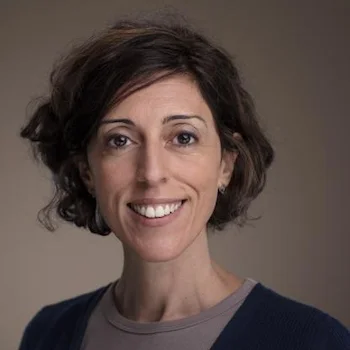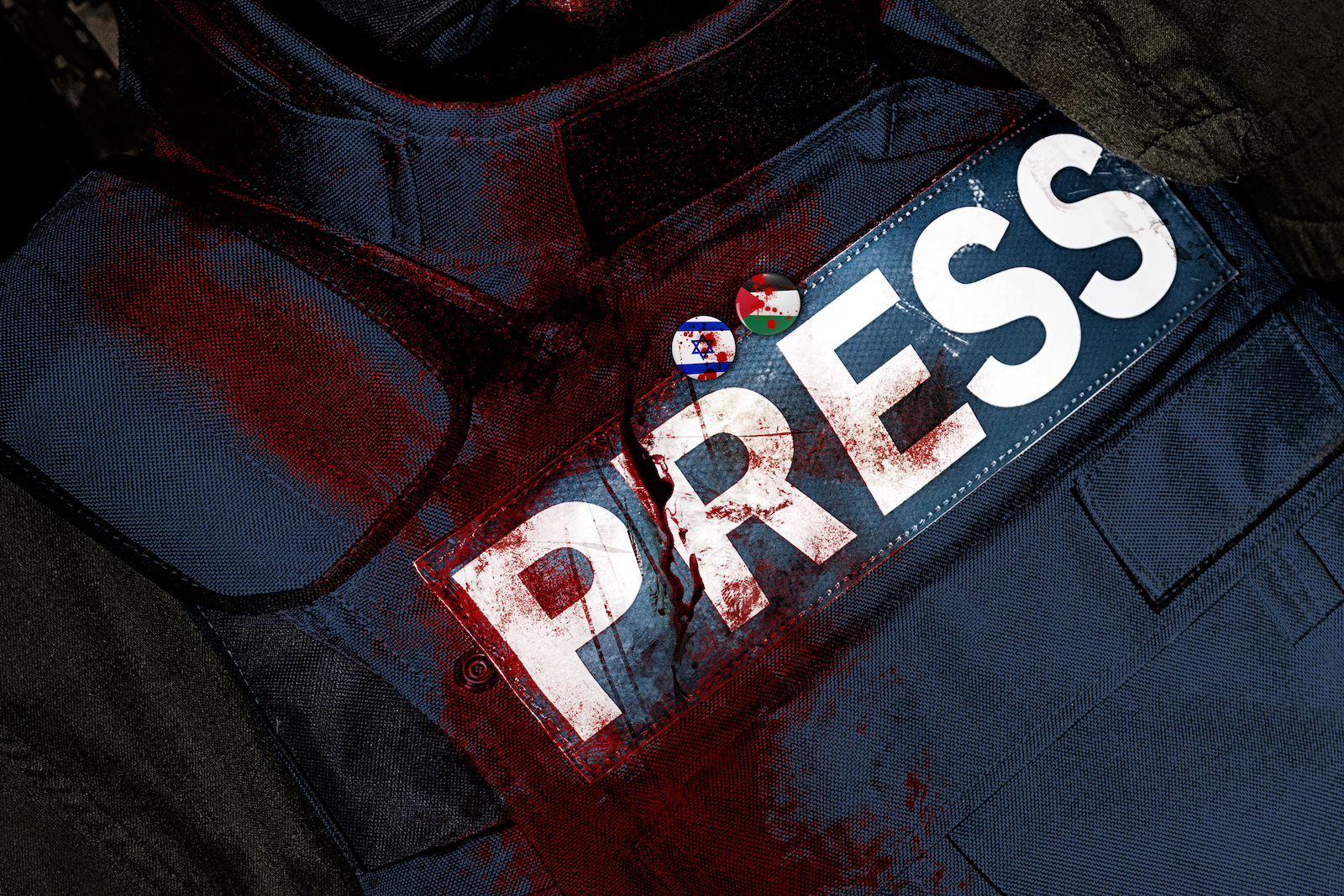
Silencing Voices in Palestine: A Threat to Media Freedom
Since the onset of the latest Gaza crisis – leading to what the International Court of Justice called a ‘plausible’ genocide against the Palestinian people – Israel has been systematically violating obligations to respect journalistic and media freedom under both humanitarian and human rights law.
The deliberate killing of journalists prompted the UN Special Rapporteur on the human rights situation in the West Bank and Gaza, Francesca P. Albanese, and other UN experts, to issue a joint statement condemning Israel, and emphasizing the “dangerous pattern of attacks and impunity for crimes against journalists.” Issued in February, the statement also refers to the case of Wael Al-Dahdouh, who lost his wife, two children, and a grandson as a result of Israeli bombings. Wael Al-Dahdouh also lost his cameraman to an Israeli drone strike, before losing another son, also an Al Jazeera journalist.
According to a report published by the Committee to Protect Journalists, 88 journalists and media workers have been killed in Palestine since October 7, the vast majority Palestinians. The International Press Institute has suggested that most of these killings are deliberate and strategically targeted to eliminate objective coverage. This is corroborated by the fact that over 350 journalists have been jailed since October 2023 (in addition to those already held in Israeli prisons), many of them in alleged retaliation for their coverage of events.
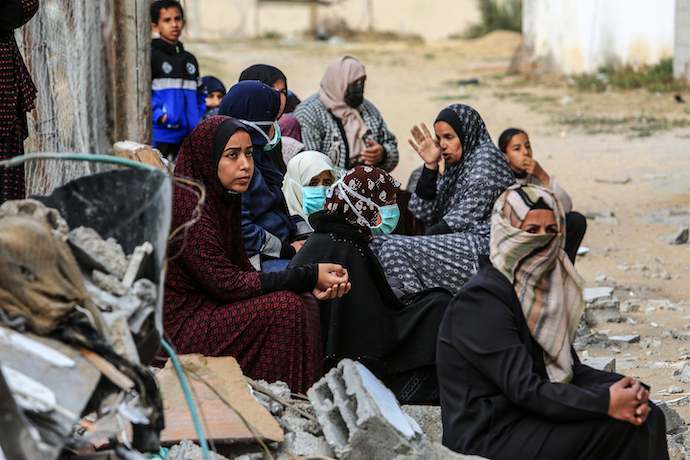
It is also illustrated by the evidence provided by Reporters Sans Frontières (RSF) and other organizations to the International Criminal Court to be used in its ongoing investigation of the situation of Palestine. The evidence names various journalists who were allegedly killed by Israeli sniper fire and direct attacks. This is on top of instances of targeting of journalists before 2023, such as the 2021 shelling of Al Jazeera and APA offices in Gaza City and the 2022 killing of Al Jazeera journalist Shireen Abu Akleh.
The deliberate targeting of the press and media during armed conflict constitutes a violation of the laws of war, according to which all civilians must be protected from hostilities and under no circumstances be targeted by the belligerent parties. The Geneva Convention of 1949 specifically refers to the protection of journalists engaged in dangerous missions in areas of armed conflict.
These safeguards are also reiterated in UN Security Council Resolution 1738/2006, which condemned attacks on journalists in armed conflict, urging States and all other parties to an armed conflict to do their utmost to prevent violations of international humanitarian law against civilians, including journalists, media professionals, and associated personnel. The Resolution emphasized that “there are existing prohibitions under international humanitarian law against attacks intentionally directed against civilians…which in situations of armed conflict constitute war crimes” also “recalling the need for States to end impunity for such criminal acts.”
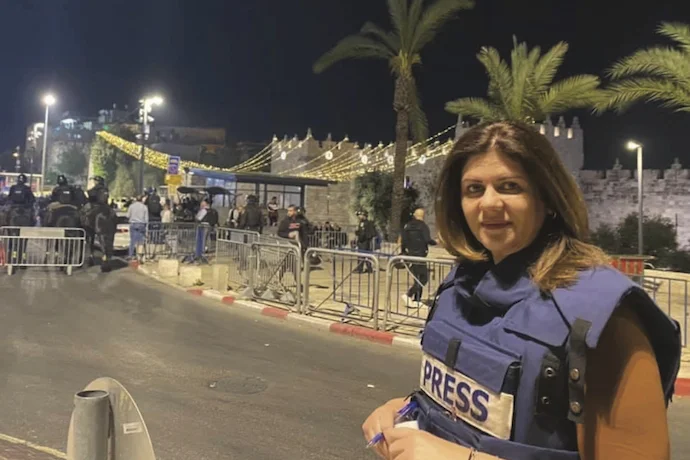
Targeting journalists is also a violation of State obligations related to the protection of journalists’ right to life and physical integrity under human rights law. Guarantees of these rights are found in the International Covenant on Civil and Political Rights (ICCPR) to which Israel is a party. Hence, according to standards set by the ICCPR, States have obligations to protect the lives of citizens and other people within their jurisdiction from violating the right to life. The targeting of journalists in Gaza and the West Bank therefore should be thoroughly investigated by national authorities through timely, adequate, and impartial judicial mechanisms. Failure to do so amounts to a violation of international human rights standards. The latter also applies to occupied Palestinian territories, as clarified in the ICJ advisory opinion on the Israeli West Bank barrier.
Israel’s efforts to control coverage of the Gaza conflict are by no means confined to the imprisonment and killing of journalists. Strategic elimination of dissent is also made possible by imposing restrictions on speech, including for the protection of national security interests. Israel has put in place a ‘severe censorship regime’ as stated by London-based organization Article 19. The arbitrary application of laws restricting the media may amount to unnecessary, disproportionate, and otherwise illegitimate restrictions on the freedom of the press, which is guaranteed by Article 19 of the ICCPR.
The UN Human Rights Committee has emphasized numerous times that a free press and media should be able to comment on public issues without censorship or restraint and the public has a corresponding right to receive media output. For example, in the case of journalist Rafael Marquais de Mores v Angola, the UN Human Rights Committee found that restrictions to freedom of speech that are not based on sufficiently defined provisions and allow criminal prosecution and detention of those opposing or criticizing State policies are of a punitive character and essentially arbitrary. It further found that the notion of ‘arbitrariness’ is not to be equated with ‘against the law,’ but must be interpreted more broadly to include elements of inappropriateness, injustice, lack of predictability, and due process of law.
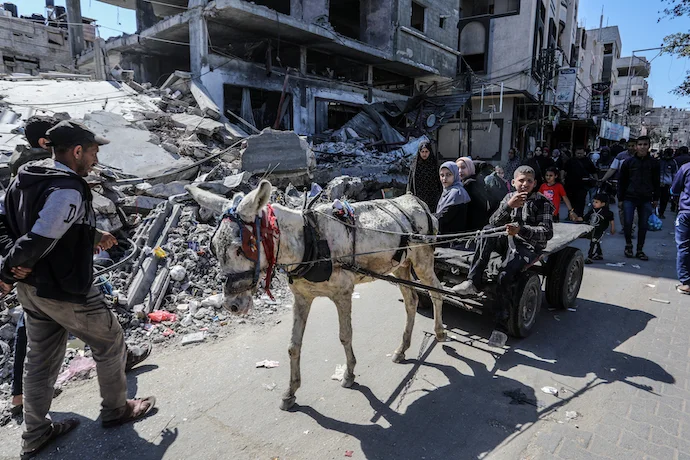
Concerning laws restricting criticism, in particular, the UN Human Rights Committee and other human rights bodies have stipulated many times that free speech guarantees under the Covenant include the right of individuals to openly criticize and publicly evaluate their governments without fear of interference or punishment.
Restrictions on media freedom, therefore, even for national security reasons, should be carefully scrutinized and allowed only when necessary and proportionate. In addition, obligations to respect free speech are not limited to journalists but also apply to other individuals, including citizen journalists and media influencers. Many of these have nevertheless been arrested and imprisoned reportedly for comments posted on social media.
Moreover, under Article 19 of the ICCPR, the media should be able to access information, and reporting should be free, without fear or intimidation. Yet Gaza remains largely inaccessible to international journalists, save for those embedded with the Israeli military (and even these ‘embedded’ journalists need to obtain authorization from Israeli authorities prior to publication). Such restrictions to media freedom however are excessive, amounting therefore to violations of the right to free reporting and access to information.
In many cases, censorship does not emanate directly from State authorities but is indirect or disguised. This is often obtained through the abuse of contractual liability clauses, whereby employers use discretion to either suspend or terminate employment for alleged breaches of professional ethics and other codes. An illustrative case is Antoinette Latouf, suspended by ABC News for comments made on social media regarding the Israel-Gaza conflict. A similar fate also befell Jackson Frank, a sports reporter in Philadelphia, whose employment was terminated because of pro-Palestinian tweets on X, and six BBC journalists facing disciplinary proceedings for allegedly showing anti-Israel bias. Regardless of whether these activities are illicit or not, such terminations usually result in legal battles, including with regulators, that are often uncertain, costly, and ineffective.
Constraints on media freedom in Palestine severely hamper the ability to report accurately and corrode public trust. Consequently, these limitations pose a dual threat—not only to the integrity of journalism but also to public confidence in the profession. Ultimately, the quality of information accessible to the public diminishes due to the chilling effect of constraints on the press and media, prompting journalists to engage in self-censorship. Some years ago, the former director of the Palestinian Center for Development and Media Freedoms (MADA), explained that self-censorship surpasses 80% in Palestine, obstructing the essential role that journalism should fulfill in a democratic society. This is sadly still the case today.
The views expressed in this article are those of the author alone and do not necessarily reflect those of any institutions with which the author is associated.
